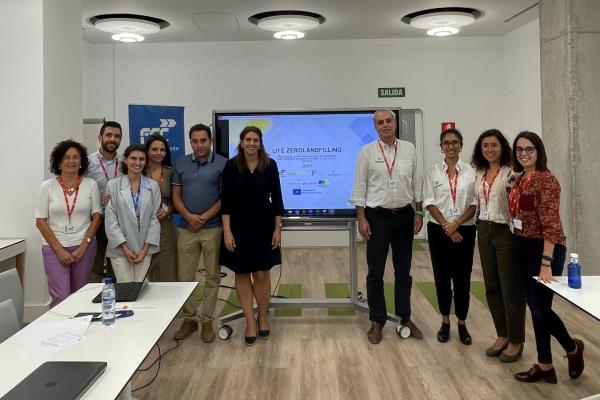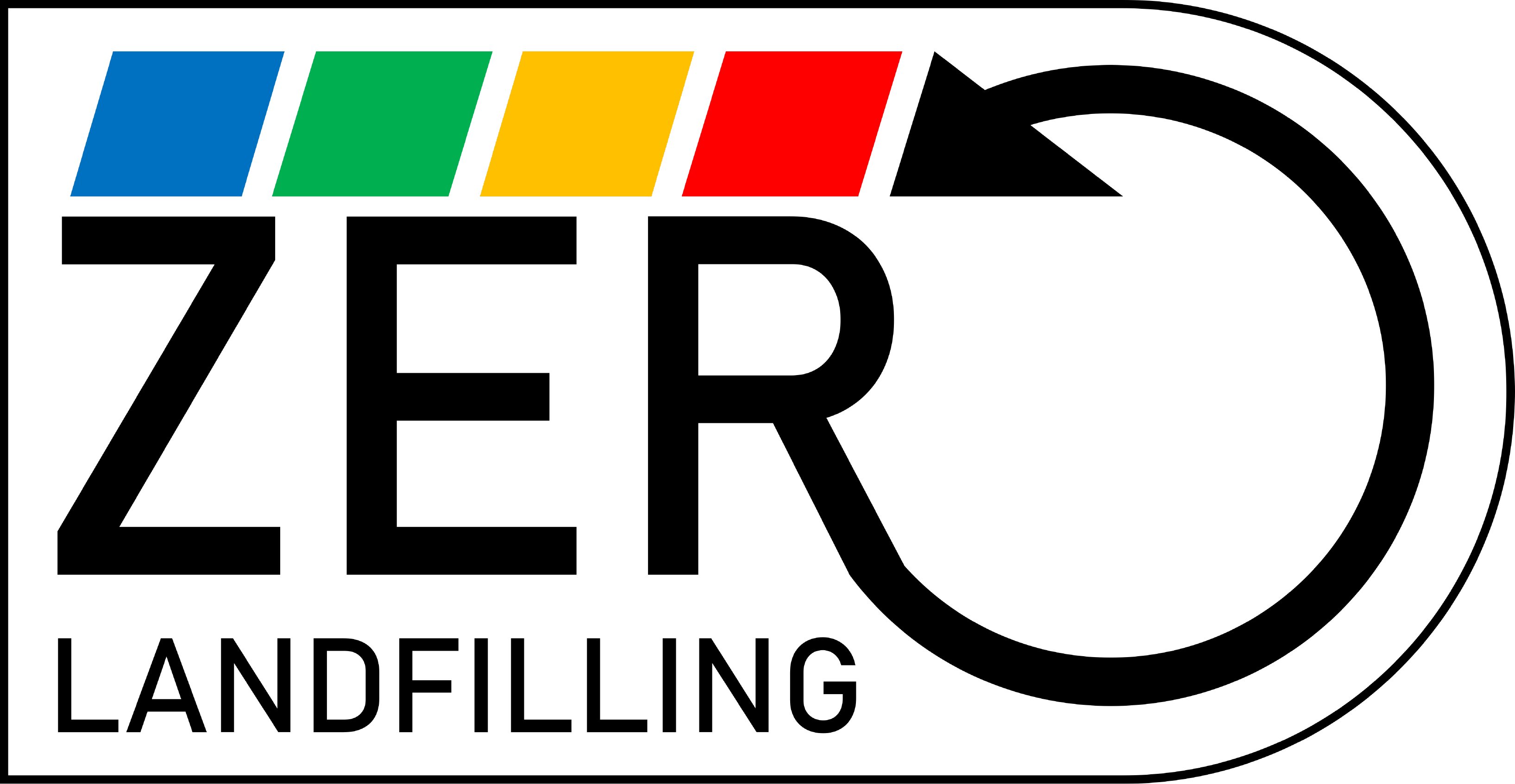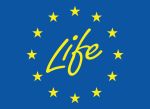News
FCC Medio Ambiente launches the LIFE ZEROLANDFILLING project
- The project aims to recover landfill waste through an innovative and integrated process committed to the circular economy
- An optimised process will be designed for the recovery of non-recyclable streams into products of high commercial interest

FCC Medio Ambiente has launched the innovative LIFE ZEROLANDFILLING project (101114213- LIFE22-ENV-ES-LIFE ZEROLANDFILLING) to tackle the current environmental and economic problem of landfilling waste. The project, with a planned duration of 39 months, proposes the development and demonstration of an innovative, sustainable, cost-effective and comprehensive system for the management of the residual fraction of municipal waste, composed mainly of non-recyclable plastics and bio-waste, to prevent it from ending up in landfill.
The final objective of this project will be the valorisation of the aforementioned non-recyclable streams to produce final materials with high added value, such as green naphtha and biochar, which are also of commercial interest.
Within the framework of the project, 2,112 tonnes of non-recyclable residual waste will be treated, thus avoiding the 2,000 tonnes of CO2e associated with its landfilling. The revalorisarion will in turn result in the production of more than 450 tonnes of green naphtha and almost 600 tonnes of biochar. Comparing the figures with the conventional production of these materials, this means preventing the emission of more than 2,600 tonnes of additional CO2e.
LIFE ZEROLANDFILLING has a budget of nearly five million euros and will receive nearly three million euros from the European Union's LIFE programme funds, exclusively earmarked for climate action and the environment and managed by the European Climate, Infrastructure and Environment Executive Agency (CINEA).
The project will be developed at the facilities of the La Campiña Environmental Compound in Loeches (Madrid), owned and promoted by the Eastern Municipalities Association of the Region of Madrid and developed and operated by ECOMESA, 100% subsidiary of FCC Medio Ambiente, where the prototype will be located and operational for 18 months after its installation for the complete validation of this technology.
In order to achieve the project's objectives, a consortium of companies and technology centres with extensive experience in the waste and biofuel treatment sector will be involved, such as ECOMESA (Ecoparque Mancomunidad del Este S.A.), the Eastern Municipalities Association itself, the General Foundation of the University of Alcalá, Neoliquid Advanced Biofuels and Biochemicals, Eco al Cuadrado S.L. and CEPSA (Compañía Española de Petróleos S.A.).
FCC Medio Ambiente is the company of the FCC Group that has been providing environmental services for more than 120 years. It serves 66 million people in 5,200 municipalities around the world and manages more than 24.6 million tonnes of waste as a resource every year. The company boasts around 800 operational waste management facilities, of which more than 200 are environmental recovery and recycling compounds, and develops 13 waste-to-energy projects with a capacity of 3.6 million tonnes per year and 435 MW of non-fossil electricity.
The company has internal R&D&I resources that enable it to offer the most innovative solutions to its customers. Its innovation activity has led to an investment of €4.08 million in 2022, and in its 2050 Sustainability Strategy it has committed to this figure reaching 1% of turnover. FCC Medio Ambiente has also maintained the certification of its R&D&I Management System for another year, in accordance with the UNE 166002 standard.


LIFE ZERO LANDFILLING Recovering landfill waste through an innovative and integrated process committed to the circular economy








